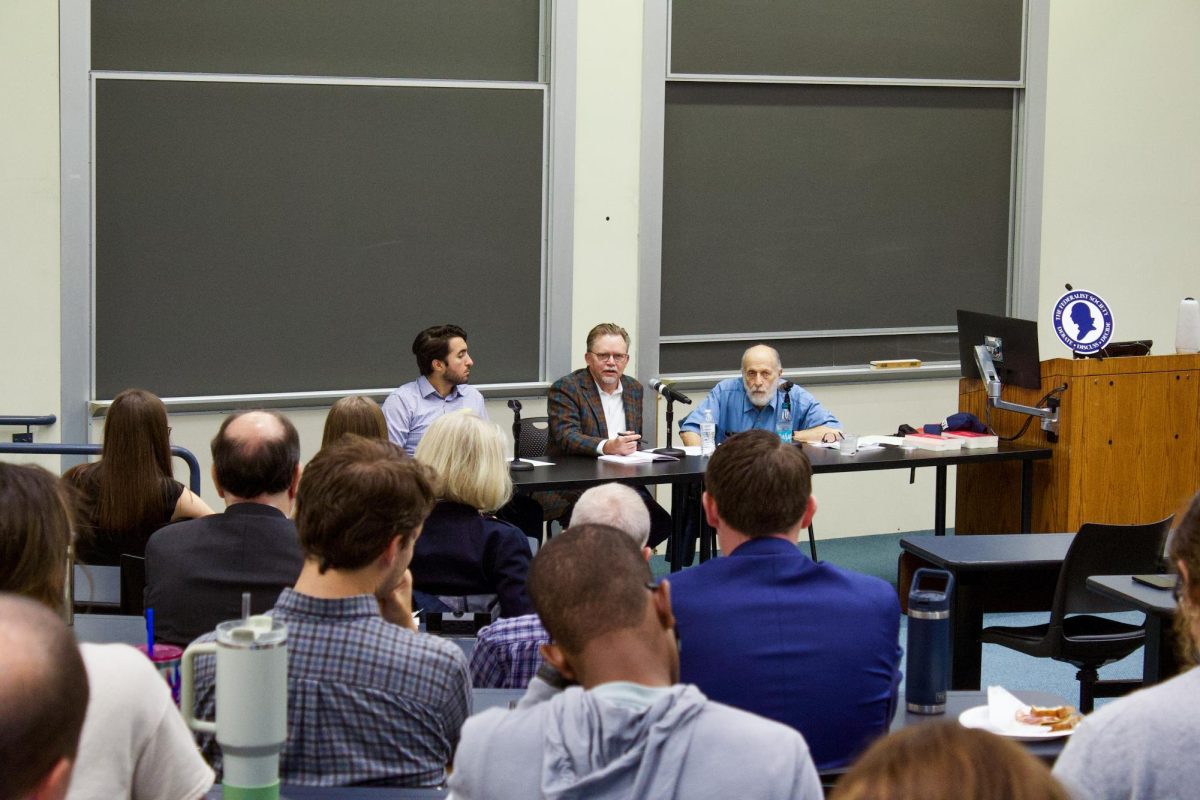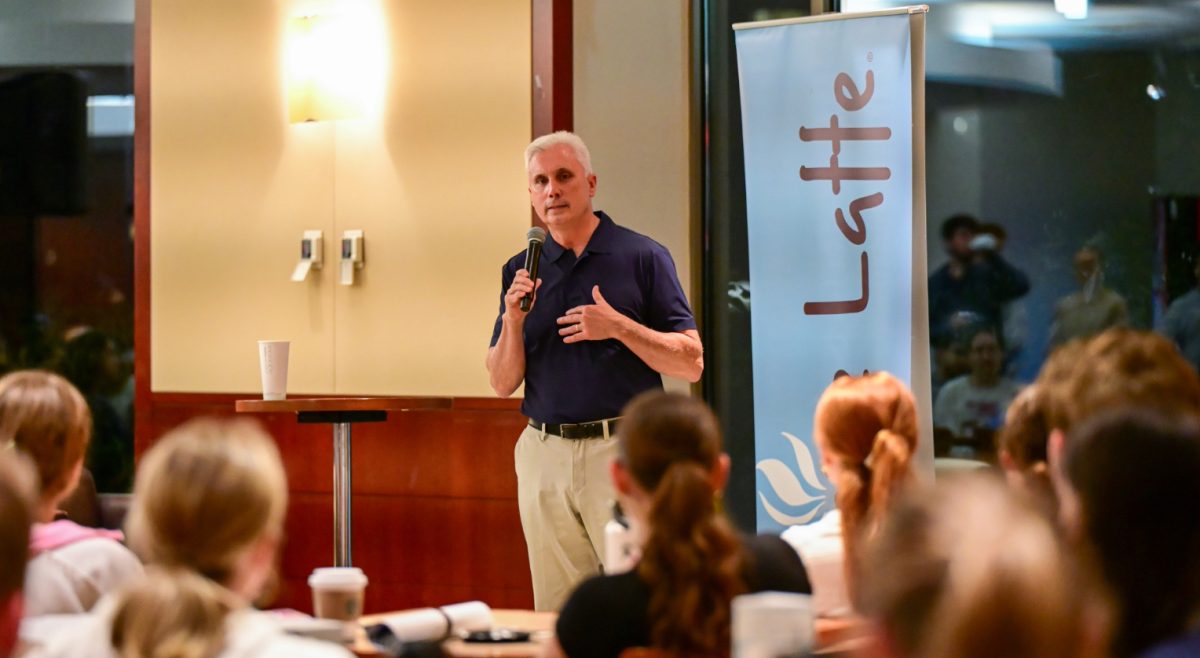In 2021, the woes of Boston College’s understaffed yet fastest growing department, computer science, may finally begin to disappear. The Schiller Institute for Integrated Science and Society, slated to open that year, will present opportunities for departments like computer science to expand through new cross-disciplinary modes of teaching and research, according to Sergio Alvarez, the chair of BC’s computer science department.
Calls for the development of the computer science program have been made within the BC community over the past several years. The number of majors in the program grew to 268 in 2016, more than quadrupling in size since 2007. Yet the faculty body has remained relatively small. As of 2016, the computer science department only had 12 full-time faculty members employed, according to the BC Fact Book.
According to Alvarez, understaffing has made the department unable to offer a sufficient variety of courses for students. This creates an issue for undergraduates with advanced majors in the field, because the completion of their studies requires electives specific in scope that may be offered only once every other year.
A lack of lab space and research funding, combined with the inadequate course offerings, has made it very difficult for the program to keep apace with its growing popularity. It has been forced to turn away students who may be have a cross-disciplinary interest in computer science, Alvarez said.
A key issue that has led to understaffing is the absence of research opportunities.
“Computer science is concerned with the science of data and algorithms that provides a powerful language for modeling of complex interactions in the sciences and the arts (e.g., biological networks, neural and cognitive processes),” Alvarez said in an email. “CS deals with the engineering of software systems that can aid in addressing problems that affect individuals and society.”
According to BC’s webpage dedicated to the Schiller Institute, it will include functional rooms for computer-based research, teaching laboratories with data visualization space, and electronically equipped classrooms specifically dedicated to the computer science. Alvarez did not comment on the planned specific amenities for computer science within the Schiller Institute, referring The Heights to the webpage.
Computer science research done in collaboration with other fields like environmental or health science is crucial in modern society, and it is attractive to current students as well as prospective professors. Enhancing the program’s research caliber would not only solve the problem of understaffing, it would bolster the program’s ability to provide students with an education that’s meaningful, Alvarez said.
Part of the Schiller Institute’s mission is to utilize BC’s intellectual insight in order to solve global problems involving health, environment, and energy—the computer science department is central to such a mission. According to a 2015 Forbes article, biomedical engineering and medicine were among the top 13 applications of computer science.
Alvarez hopes that BC’s computer science faculty and students will be able to utilize their education and the research opportunities presented by the IISS to serve their global community.
“We hope to be able to not replicate what other universities are doing, but rather to do things in a BC fashion,” Alvarez said.
Featured Image via Heights Archives



















